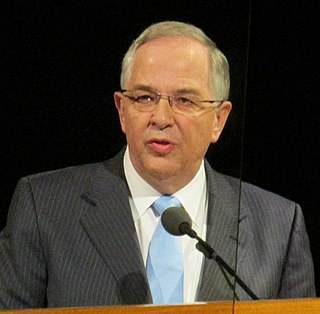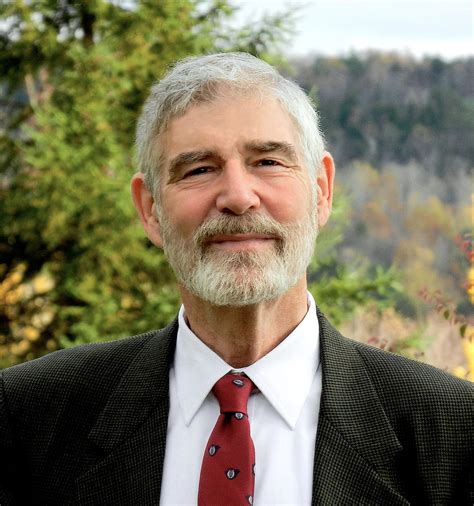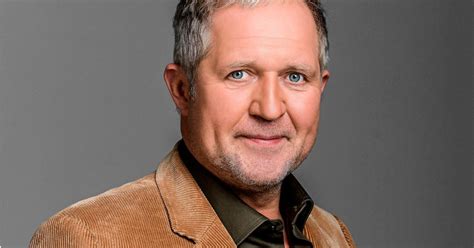A Quote by Hannah Arendt
You think that you can judge what's good or evil from whether you enjoy doing it or not. You think that evil is what always appears in the form of a temptation, while good is what you never spontaneously want to do. I think this is all total rubbish, if you don't mind my saying so.
Related Quotes
People are tempted to think (understandably) that if God were really good He'd never allow any evil in the world at all. But I don't think a perfectly good God would never permit any evil, and neither would others, I wager, if they thought about it. Rather, I think that a good God always prevents suffering and evil unless He has a good reason to allow it. That's the crux.
When you see evil do not form ideas that are in the likeness of that evil; do not think of the evil as bad, but try to understand the forces that are back of that evil—forces that are good in themselves, though misdirected in their present state. By trying to understand the nature of the power that is back of evil or adversity, you will not form bad ideas, and therefore will feel no bad effects from experiences that may seem undesirable. At the same time, you will think your own thought about the experiences, thereby developing the power of the master mind.
When one has once accepted and absorbed Evil, it no longer demands the unfitness of the means. The ulterior motives with which youabsorb and assimilate Evil are not your own but those of Evil.... Evil is whatever distracts. Evil knows of the Good, but Good does not know of Evil. Knowledge of oneself is something only Evil has. One means that Evil has is the dialogue.... One cannot pay Evil in installments--and one always keeps on trying to.
We can work, study, laugh and have fun, dance, sing, and enjoy many different experiences. These are a wonderful part of life, but they are not central to why we are here. The opportunity to choose good over evil is precisely why we are here. Not one of us would say, "I want to choose evil." We all want to choose the right. However, the choice of good over evil is not always easy, because evil frequently lurks behind smiling eyes.
In the story of the Creation we read: ". . . And behold, it was very good." But, in the passage where Moses reproves Israel, the verse says: "See, I have set before thee this day life and good, and death and evil." Where did the evil come from? Evil too is good. It is the lowest rung of perfect goodness. If you do good deeds, even evil will become good; but if you sin, evil will really become evil.
Whoever has the power to label others as evil is automatically, or reflexively, the good person. Good people label bad people as evil. And once you do that, then it demonizes them. You don't negotiate with evil. You don't sit down at the table with the devil and say, "Okay, let's work this out." What you want to do is destroy evil. Every Catholic kid every night says, or should say, "Lead us not into temptation, deliver us from evil." And so you've got to go to God to help you deal with evil rather than your State Department or your negotiators.
There's always the same amount of good luck and bad luck in the world. If one person doesn't get the bad luck, somebody else will have to get it in their place. There's always the same amount of good and evil, too. We can't eradicate evil, we can only evict it, force it to move across town. And when evil moves, some good always goes with it. But we can never alter the ratio of good to evil. All we can do is keep things stirred up so neither good nor evil solidifies. That's when things get scary. Life is like a stew, you have to stir it frequently, or all the scum rises to the top.
They [Americans] want to believe that Good and Evil can be defined in precise categories, that Good is already, or will be easily achieved. ... if this optimism appears too superficial, they will try to create a kind of anti-God: the U.S.S.R. That is Evil, and it only needs to be annihilated to re-establish the reign of Good.







































